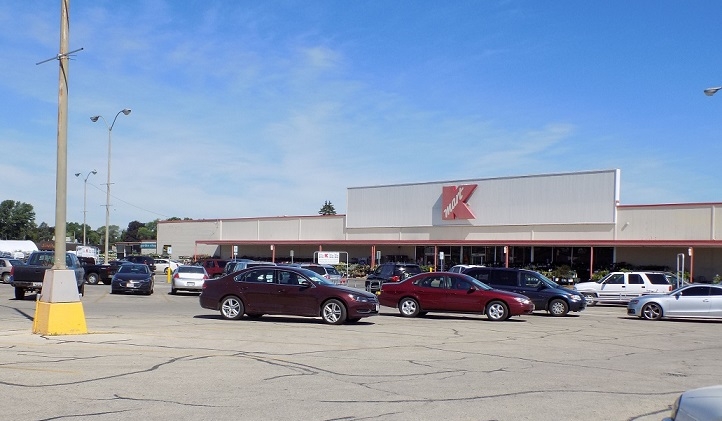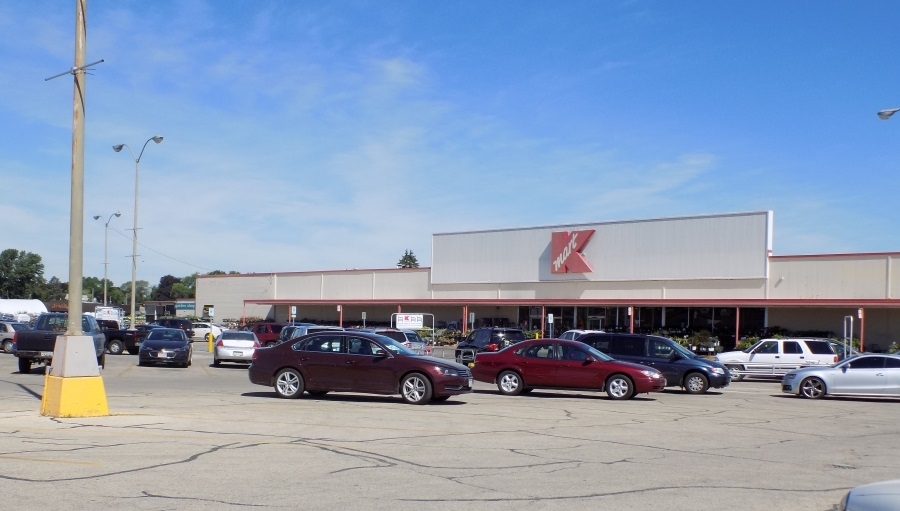Local News
In Wisconsin, dark store concept will remain as tax dodge method for big box stores

Changing rules for how big box stores get assessed in Wisconsin won’t happen soon.
It appears lawmakers in Madison won’t take up so-called dark store legislation in the final weeks of the current legislative session.
Currently, big retailers use empty buildings — dark stores — as comparables to challenge assessments for local property taxes. And, the ploy works, which is a struggle for towns and cities that have to pay for services used by the stores, says La Crosse city planner Jason Gilman.
“This is something our state legislature needs to take a really hard look at,” Gilman said. “Cities have a lot of responsibility with a single stream of revenue. We have infrastructure needs and a lot of other things that need to be taken care of.”
And, those assessments for local property taxes are not even close, Gilman added.
“Does a fully-operating store compare to an empty store?” Gilman said. “I would argue they don’t. There’s no comparison because one has police calls, traffic and inspection. The other one tends not to have as much impact on the city’s resources.”
Gilman went on to describe, in one way, a busy store’s impact.
“A lot of retailers do have a fiscal impact,” he said. “They have fairly high traffic characteristics.
“Walmart Supercenter, for instance. can attract as many as 10,000 cars a day.”
La Crosse, recently, lost a legal battle with Walgreens over assessments. Other retailers that have used the legal argument include Menards, Target and Home Depot.






